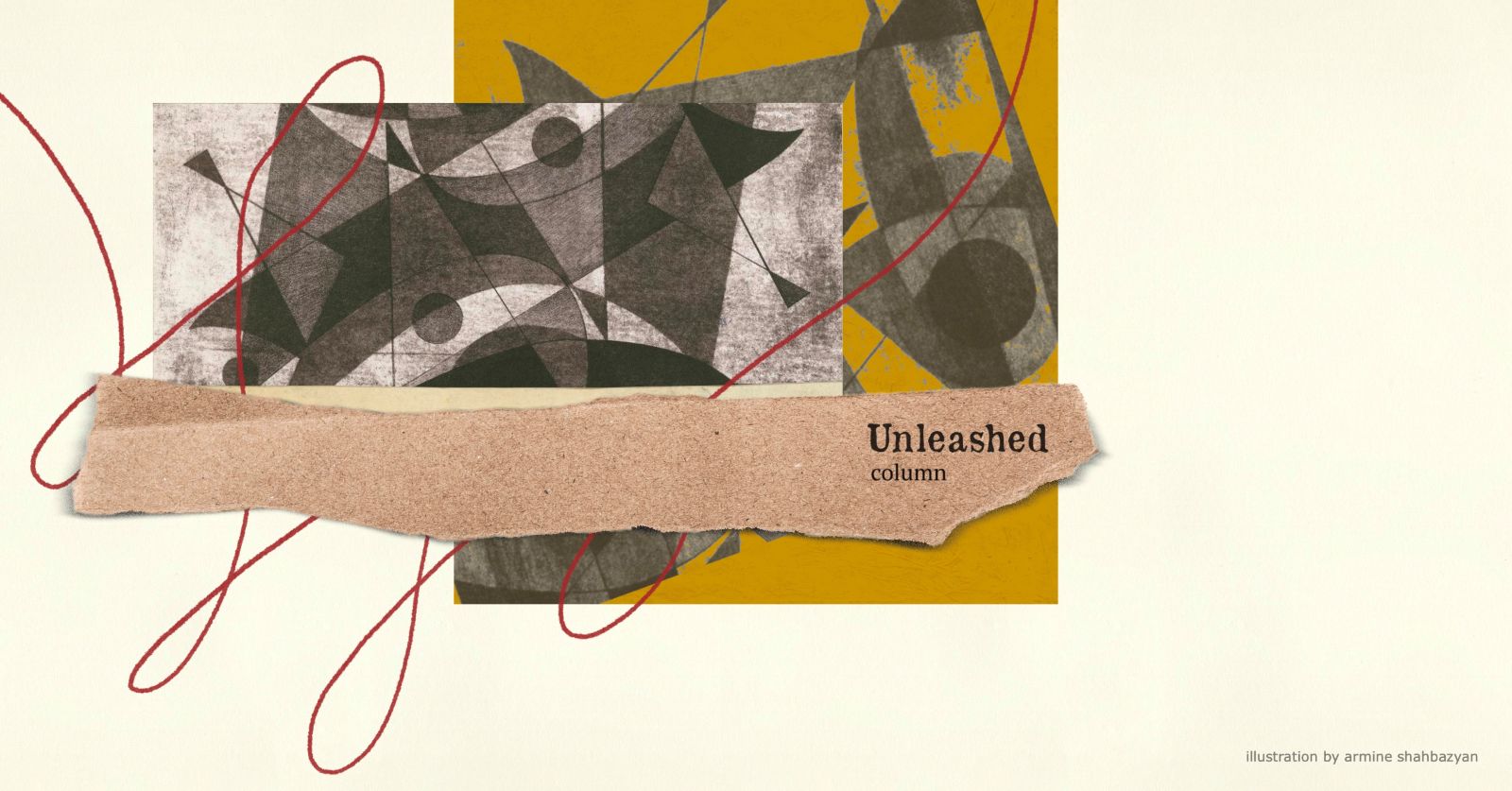

We’ve all heard the expression: “Swallow your pride.” It means you should set aside your ego to accept or do something difficult, shameful, or even embarrassing. It’s usually offered as well-meaning advice, implying humility, practicality, or compromise. It’s what you say to someone when you want them to step back from confrontation, take the high road, or prioritize peace over principle. On its face, this all sounds very wise, even noble. After all, we’re taught that pride is one of the seven deadly sins. It’s the cardinal flaw that precipitates downfall, ruins heroes, and fuels conflicts, leading to tragedy.
But life is rarely so simple. Yes, pride unchecked can blind us, isolate us, bring us tumbling down from heights and pedestals we imagined ourselves untouchable upon. But pride is also something essential. It’s dignity. It’s the sense of self-worth that guides us to behave consistently with our deepest-held values, even when doing so is costly or painful. Pride is the inner voice that tells us who we are and what we deserve. In this sense, pride isn’t conceit or vanity; it’s a source of strength. It becomes a protective armor in moments when you might feel defenseless. And sometimes, pride may even be the only weapon you’ve got left.
For Armenia, these are precisely such times.
We’ve all watched, some with grief, others with rage, and many with resignation, as Armenia keeps making painful, often humiliating concessions in the hope of signing a peace treaty with Azerbaijan and normalizing relations with Turkey. Diplomats around the world have generously called these concessions “courageous,” a euphemism for the brutal reality that, as the weaker party in a very uneven fight, we are constantly forced to give more ground and acquiesce to demands we once vowed never to entertain.
Some recent examples show just how costly our pursuit of peace has become. Armenia has agreed to withdraw all international legal actions against Azerbaijan, including our most significant cases before the International Court of Justice and the European Court of Human Rights—cases which, by all objective accounts, we are poised to win. In exchange, Azerbaijan would drop its flimsy and untenable claims against Armenia, while refusing to include the release of the 23 Armenian prisoners who remain in captivity and subjected to sham trials in Baku.
Armenia has already recognized Nagorno-Karabakh as part of Azerbaijan. Armenia has also agreed to remove European Union observers who have enhanced security protection at our borders. But for the insatiable foe, this is not enough. Azerbaijan now even demands that we rewrite our constitution, requiring the removal of symbolic yet important historical commitments, thus effectively asking us to erase parts of our identity.
These are not minor concessions; far from achieving lasting peace, they risk making us more vulnerable, emboldening further aggression against us, and embedding a sense of national humiliation into Armenia’s political psyche. Each step backward is felt not just politically, but deeply, personally, within every Armenian who wonders how much more of ourselves we’ll lose for a peace treaty.
And even if such a treaty were signed, what are the chances it would hold? History offers a sobering answer. A study by the Hague Centre for Strategic Studies indicates that nearly 40% of all peace agreements collapse, and of those, more than three-quarters fail within the first two years. Studies by UN Women and the Council on Foreign Relations further show that peace deals involving civil society and women’s participation are significantly more durable, increasing the chances of lasting peace by up to 35%. So, success hinges not just on signatures, but on sincerity, inclusivity, and implementation—none of which are present in our current reality. With Azerbaijan continuing to act in bad faith, the odds are stacked not in favor of durable peace, but of a temporary pause before renewed coercion.
Yes, the realities of power disparities are undeniable. Azerbaijan is militarily stronger, backed openly and robustly by Turkey and Israel, while our own alliance with the Russian-led CSTO has proven completely and utterly useless. These are facts. Coupled with the devastating loss of Nagorno-Karabakh, they may have led our leadership—gripped by a kind of learned helplessness—to believe we have no choice but to accept all of Azerbaijan’s terms in exchange for relatively nothing. In this light, Armenia’s concessions feel less like pragmatism and more like endless capitulation.
Such desperate submission, however, breeds contempt. When you repeatedly retreat from boundaries you’ve set, your transgressors won’t view it as compromise—they’ll see weakness. And rather than becoming satisfied with what they’ve gained, it’ll fuel their hunger for more. In this way, at some point, concessions lose their strategic purpose and devolve into self-inflicted wounds.
True diplomacy involves strategic give and take, mutual respect, and, importantly, maintaining clear, enforceable limits. It means being willing to stand firm and defend fundamental values and essential interests, even when the odds seem daunting. If a nation cannot stand before its adversary with its dignity intact, the enemy will never truly respect it. Worse, they’ll underestimate it.
Respect, after all, isn’t earned through surrender; it is earned through strength of character, clarity of position, and consistency of purpose. David, when confronting Goliath, understood this. What made David victorious wasn’t just his sling—it was his conviction, his willingness to stand defiantly before an overwhelming force, maintaining the dignity of someone who knows exactly who they are and what they stand for, no matter the consequence.
As Armenians, we’ve learned through painful history what it means to survive against crushing odds. That survival has never been accidental—it has been sustained by an unyielding pride and deeply rooted self-respect. It’s a pride we cannot afford to lose, especially not now. Because while territory lost may be hard to bear, dignity lost is infinitely harder to recover.
We have to recognize when our compromises cross the line from courageous realism to self-destructive masochism. Each time we relinquish something essential in the name of a fleeting peace, we weaken our position. With every such surrender, our nemesis stops seeing us as a rival to reckon with and increasingly views us as a fool to exploit indefinitely.
Peace is undoubtedly desirable. But not at any cost. If Armenia continues to bow to every demand, if we keep retracting our red lines, we risk our ability to look ourselves in the mirror, as a nation and people aware of their worth. If we don’t respect ourselves, no one else will. Swallowing our pride should never mean choking on it.
See all [Unleashed] articles here
Listen to Sheila’s personal reading of “Pride and Nemesis”.

Sheila Paylan is an international human rights lawyer and former legal advisor to the United Nations. Now based in Yerevan, she regularly consults for a variety of international organizations, NGOs, think tanks, and governments.

